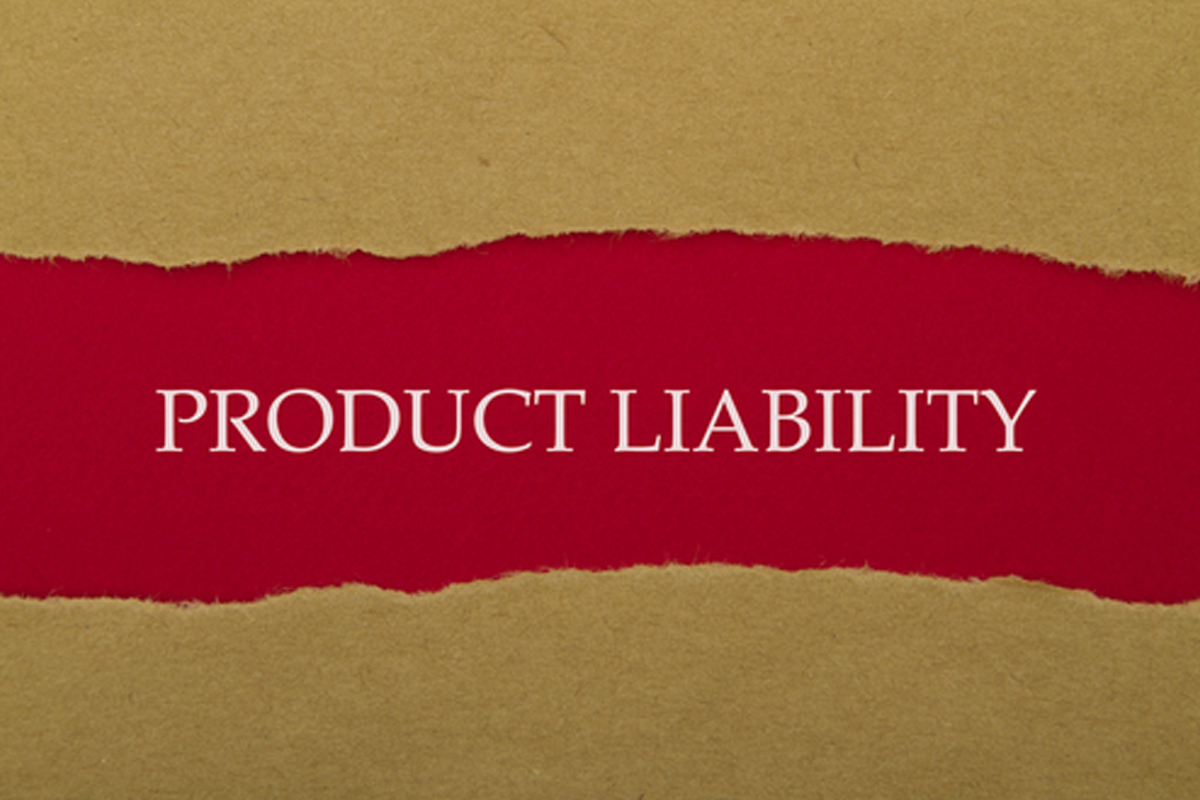- San Diego, CA
- info@hayeslawsd.com

Jillian F. Hayes has recently won a huge legal battle in the case for plaintiff Angela Bolger along with CaseyGerry's Jeremy Robinson and Thomas Luneau in her battle against online retail giant Amazon.com. The plaintiff unexpectedly obtained third-degree burns after a replacement laptop battery she purchased from Amazon.com exploded like a bomb in her lap while she was using the product. The product was listed on the Amazon Marketplace by a third-party vendor operating under the fake name “E-Life”.
Amazon argued that they could not be held liable for the defective battery because they did not manufacture, design, or sell the product. But the San Diego Court of Appeal (fourth district, division one) felt differently – they published a unanimous opinion stating that Amazon can be held liable for defective products sold by a third-party seller on their marketplace. This is the first time any state made a ruling on an E-Commerce and Amazon Product Liability case like this. Several news outlets covered the story, including The New York Times, The Washington Post, Frontline, Bloomberg, CNBC, The Verge, Geekwire, the San Diego Union-Tribune, and Law360
If you buy a product from a physical store and it causes you injury due to a defect, the store is held accountable. The primary concept is that the store produces money by selling things and hence should bear the costs if a product injures a customer. The business can also remove damaged products from its shelves and establish arrangements with product producers to hold them accountable in the event of a malfunction. These arrangements are critical because California's Product Liability Law dictates that any company within an item's vertical chain of distribution can be held liable for any damages caused by the defective product. That chain will often look like this:
Manufacturer → Distributor/Wholesaler → Retailer → Buyer/Consumer
While the primary defendant, in this case, is the product's manufacturer, a plaintiff can go after the distributor/wholesaler and retailer, too. These liabilities are in place to ensure the consumers remain safe and are capable of obtaining damages because it can be difficult, and oftentimes impossible, to locate a distributor/wholesalers or manufacturer. This was the situation in the Bolger case when it was discovered the manufacture of the battery was located in China and unresponsive to all requests to comply made by both Plaintiff and Amazon.com.
E-commerce, on the other hand, introduces a slew of additional complexity to the old retail/ brick and mortar structure because they act as a Marketplace Facilitator and operate their business online.
Unlike a brick-and-mortar store, an online retailer can open their services beyond just selling products. They can allow other companies to sell their product through the Marketplace Facilitator's services. This has created a new problem when it comes to pursuing damages in a strict liability suit because it is no longer easy to determine who is who in the chain of distribution. A company like Amazon can act as multiple points in this chain! The most common chain model currently looks like this:
Third-party Supplier ← → Marketplace Facilitator ← → Consumer
In this model, the Marketplace Facilitator lists the item for the Third-Party Supplier, collects the money from the Consumer, the Third-Party Supplier sends the item either to the Marketplace Facilitator or directly to the Consumer, then gives the Third-Party Supplier their cut of the profit. The Third-Party Supplier and Consumer could have no direct contact with each other; only ever interacting between the Marketplace Facilitator.
This allows a company like Amazon to argue that they are not liable under product liability law because they never truly interacted with the product. Amazon paints itself as a classified ad service or virtual shopping mall. These portraits are not giving the audience a true perspective; at some level, Amazon is responsible for the entire handling of the product.
With the Bolger v. Amazon.com case, Jillian F. Hayes and the team at CaseyGarry were able to prove that Amazon is responsible for this defective battery. . As one of California's top personal injury lawyers, Jillian F. Hayes remains up to date on all recent legal developments so she can ask the right questions that will uncover pertinent details in your case. Online Product Liability law is a complex area, and you should talk to an attorney that has a deep understanding of this area and will be able to guide you every step of the way.